Long before the Egyptian pyramids or the Sumerian cities of Mesopotamia, the enigmatic Nabta Playa culture flourished in the Nubian Desert. Emerging well before 6000 BC, this civilization was far from ordinary. They were innovators and visionaries, shaping the arid landscape into a livable and thriving environment. Despite its ancient origins, Nabta Playa continues to captivate historians, archaeologists, and curious minds alike with its rich legacy. Let’s explore ancient civilization with archeology.dulichvn.net.
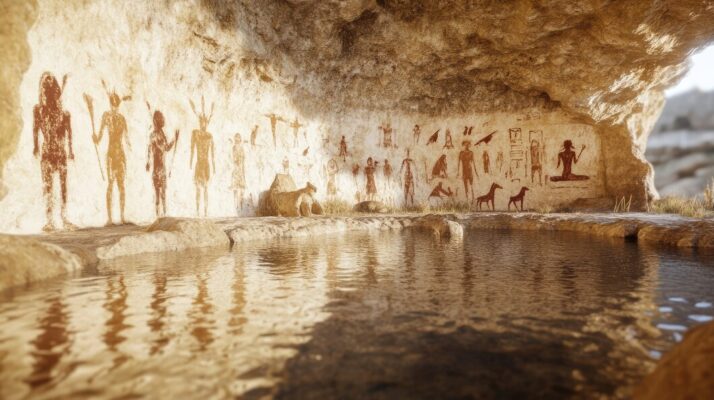
The Rise of Nabta Playa: A Civilization Ahead of Its Time
The Founding of Nabta Playa
Situated in what is now southern Egypt, Nabta Playa was once a verdant basin fed by seasonal rains. Around 10,000 years ago, nomadic groups settled here, taking advantage of the fertile land and available water sources. These early inhabitants laid the groundwork for a thriving society that would last for millennia.
Innovations in Desert Living
The people of Nabta Playa were not mere survivors of their harsh environment; they were architects and engineers. They built stone monuments, some believed to predate Stonehenge, and created artificial ponds to store and conserve water. These innovations transformed the arid desert into a life-sustaining oasis.
Art and Rituals: A Window into Their World
Deep within caves, the Nabta Playa civilization left a visual legacy through intricate rock art. These drawings depict human figures, a variety of animals, and possible ceremonial scenes, offering glimpses into their spiritual and daily lives. These works are not only artistic achievements but also valuable cultural records.
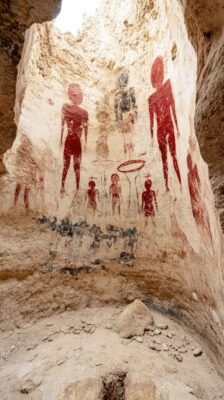
The Environment of Nabta Playa: A Changing Landscape
From Green to Arid
Satellite imaging reveals that Nabta Playa was once home to lush riverbeds and thriving ecosystems. However, over time, climatic shifts turned this once-green landscape into the barren desert we see today. This environmental change forced the Nabta Playa people to adapt or abandon their settlements.
The Significance of Water Management
The civilization’s ability to construct artificial ponds demonstrates their advanced understanding of water conservation, a crucial skill for surviving in an increasingly arid environment. These ponds provided a vital resource for both humans and animals, showcasing their ingenuity.
What Lies Beneath the Sands
Today, much of Nabta Playa’s history remains hidden beneath layers of sand and time. Advanced imaging technologies hint at the presence of more artifacts and structures yet to be uncovered, offering tantalizing possibilities for future discoveries.
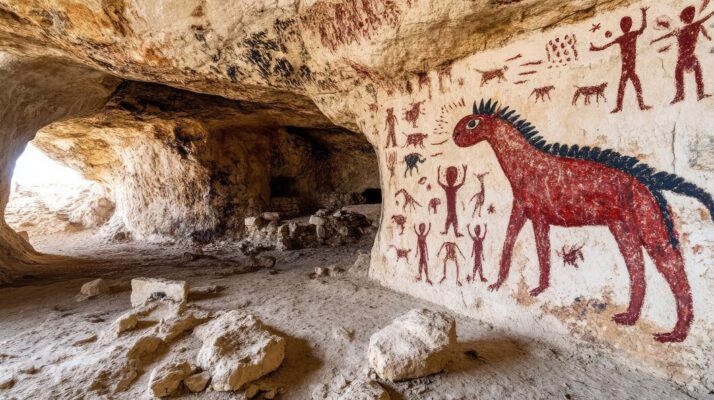
See more: The 2,000-Year-Old Roman Handprint in Cherchell
Challenges in Unlocking Nabta Playa’s Secrets
The High Cost of Excavation
Uncovering the full story of Nabta Playa is a costly endeavor. Limited funding and the logistical difficulties of working in a remote desert region hinder archaeological efforts.
Preserving Fragile Artifacts
The delicate nature of the relics, including rock art and ancient structures, requires meticulous preservation. Without adequate resources, many of these treasures risk being lost to time.
The Need for Further Research
Despite the challenges, the potential for groundbreaking discoveries at Nabta Playa remains immense. Continued research and exploration could reshape our understanding of prehistoric civilizations.
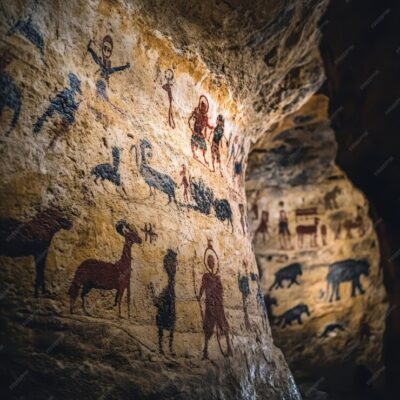
Conclusion: Nabta Playa’s Enduring Legacy
The Nabta Playa civilization stands as a testament to human ingenuity and resilience in the face of harsh environments. From their monumental architecture to their captivating rock art, they have left behind a legacy that continues to inspire and intrigue. While many of their secrets remain buried beneath the desert sands, what we do know paints a picture of a society that was far ahead of its time. Unlocking the full story of Nabta Playa may be challenging, but each discovery brings us closer to understanding the remarkable achievements of this ancient culture.
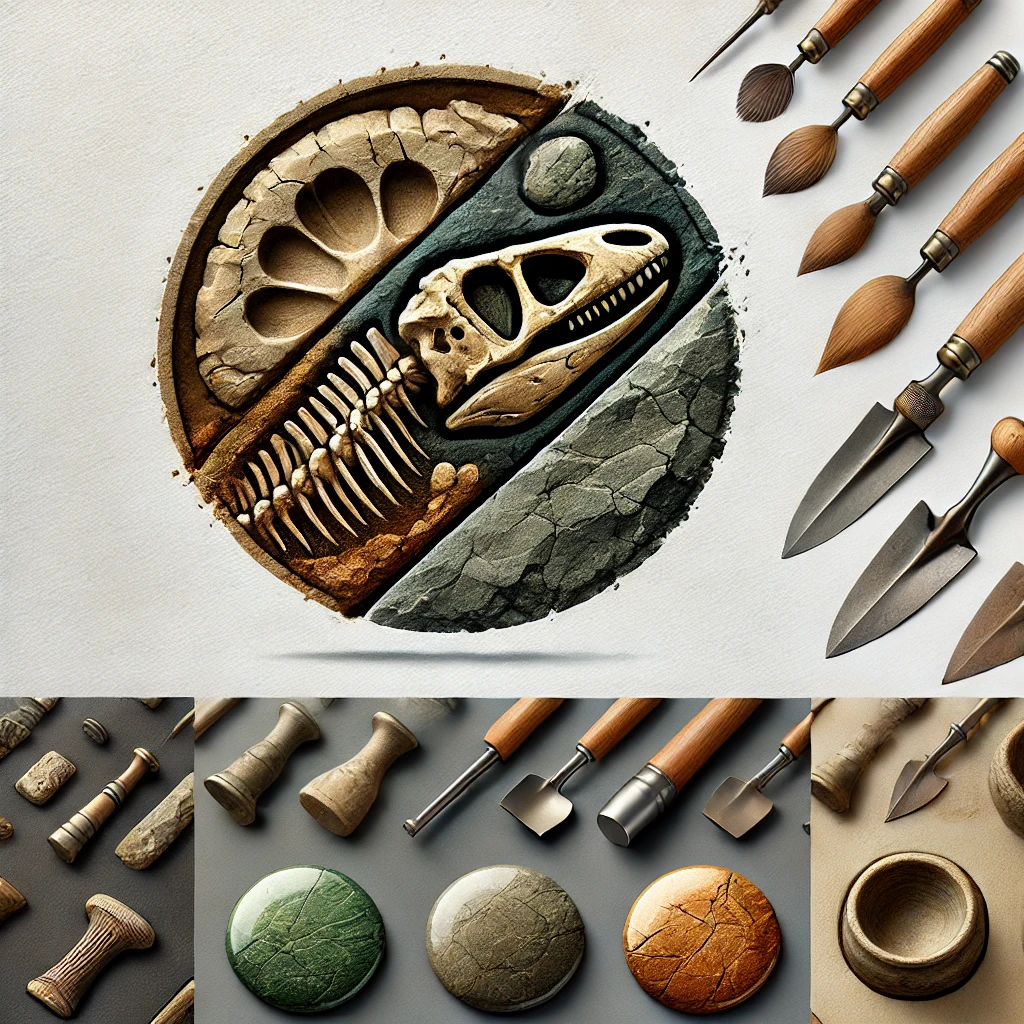

CÁC TIN KHÁC
Mark Twain & Olivia Langdon: A 36-Year Love Story Filled with Laughter and Devotion
The Tollund Man: A 2,400-Year-Old Mystery Preserved in a Danish Bog
Skara Brae: Scotland’s Hidden Neolithic Village
Porta Nigra: The Hidden Depths of Trier’s Iconic Roman Gate